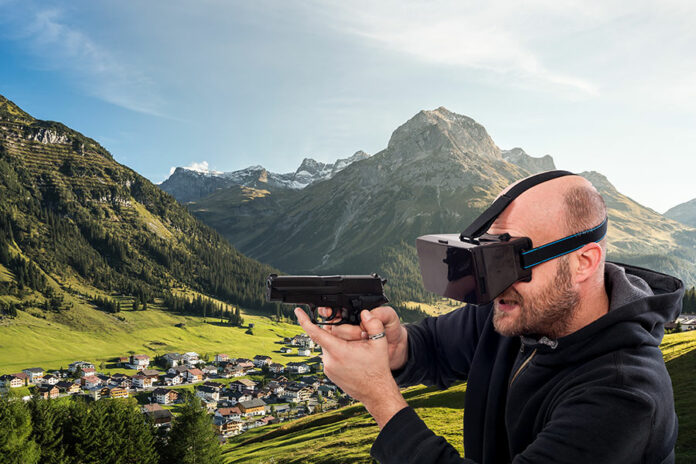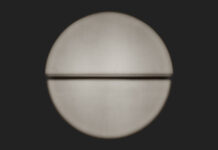
Only as if – The Philosophicum Lech explores the boundaries between fiction, thought and action.
“Metaverse. This will be “the next big thing. At least, that’s what Internet giants from Facebook to Google are convinced. What is meant by this is a collective virtual space that is intended to expand our physical reality into a virtual habitat.
Against the backdrop of fake news, digital forgeries, and buildings of lies that threaten to overwhelm our ability to judge even in the real world today, this year’s Philosophicum Lech, under the title “As if! The Power of Fiction”, this year’s Philosophicum Lech explores the question of how illusions and deceptions determine our thoughts and actions.
The idea of a metaverse, which still appeared as a distant utopia in the science fiction classic “The Matrix” in 1999, is already so real today for venture capital investors, startup entrepreneurs and Marc Zuckerberg that they are in the process of investing billions in the creation of this fictitious parallel universe. In the hope of earning even more billions and, above all, of being able to shape and control this metaverse according to their rules. You can no longer rely on your own perception and senses in such a digital 3D world. Gravity and the laws of nature no longer apply there. And if even life there becomes a fiction, then the fundamentals of ethics and morality as we still understand them today also lose their meaning.
The idea of a social memory or, as Jan and Aleida Assmann call it in a modified form, a cultural memory, which is defined by a “tradition within us”, “which has formed in millennia of repetition and shapes our view of ourselves and the world”, threatens to become obsolete in this fictional world. But what is the power and fascination of fiction that captivates people en masse and without which the arts and even religions would be inconceivable, conspiracy theories would lose their ground, and post-democratic populists would lose the basis of success for their “storytelling” and propaganda of lies? Against this background, Jan Assmann explores the question of the relationship between religion and fiction at the Philosophicum Lech.
The Germanist and philosopher Thomas Strässle will deal with how “truths” are invented, deconstructing the techniques of fictional storytelling with which we are all too often deceived about the factual today. Lamberg Wiesing, who teaches image theory and phenomenology at the University of Jena, deals with the relationship between images and fictions: “Images are not fictions,” Wiesing first states in principle, “but they easily become one, namely whenever they are used to make us see something that does not exist.”
The philosopher and literary scholar Andreas Urs Sommer examines the effects of political fictionalism on democracy.
But what probably interests many people much more: What about love in artificial worlds, when we will probably have to expect to encounter humanoid robots or other artificial figures more and more in the future. Sophie Wennerscheid, a literature and cultural studies scholar, addresses this question, quoting Freud: “Satisfaction is gained from the illusion that one recognizes as such, without allowing its deviation from reality to disturb one’s enjoyment.”
Philosophicum Lech 2021
22. – 26.09.2021
www.philosophicum.com











